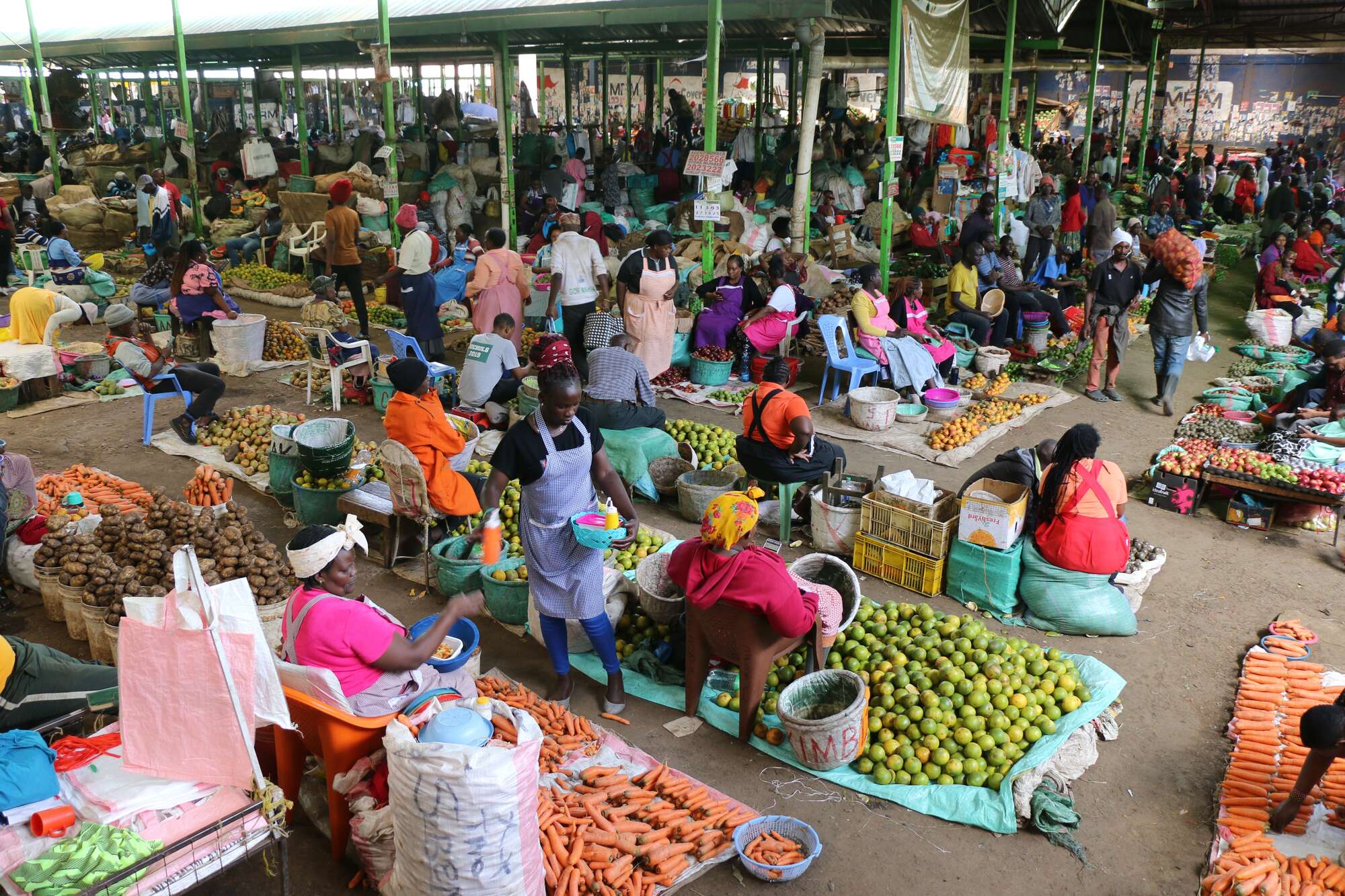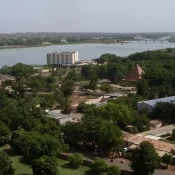
The tide shifts as companies in the area rush to the Kenyan market
Businesses from the East African Community (EAC) are breaking with tradition and entering Kenya’s important industries, such as manufacturing, services, oil and gas, and agriculture. Kenyan companies have historically led ventures into the region’s marketplaces.
Deeply wealthy investors in companies from EAC nations like Tanzania, Uganda, Rwanda, and Somalia have been extending their reach into the nation, endangering the long-standing dominance that has been almost entirely enjoyed by residents and companies from outside the area.
Regional companies are becoming more interested in the Kenyan market. This is in response to years of expansion into the EAC market by numerous Kenyan companies, including banks, insurers, manufacturers, and Taifa Gas, Maziwa, Premier Bank, Yego Global, Liptons Teas, and Infusions Rwanda.
Based on figures from the trade bloc, the EAC area had a population of 300.4 million people and an economy estimated at $312.9 billion at the end of 2021.
Amsons Group, a Tanzanian conglomerate, officially submitted a takeover bid for Bamburi Cement last week. The deal, valued at Sh23.59 billion ($183 million), represents the latest effort by an EAC nation to acquire a stake in a Kenyan company.
The Tanzanian company has promised to upend National Cement Company, Mombasa Cement, and East Africa Portland Cement Company in order to solidify Bamburi’s position as a “leading” cement player in the East African cement market.
The announcement of Amsons’ planned entry into the market comes just three months after Pearl Dairy Farms, the well-known milk processing company in Uganda and owner of the Lato brand, was given permission to purchase a dairy company in Kenya, allowing it to get past obstacles that had been preventing it from selling and supplying its goods in Kenya.
In a notice dated March 11, the Comesa Competition Commission approved Maziwa, the non-operating holding company incorporated in Mauritius, to purchase a 100% interest in Highland Creamers & Food Limited, a Kisii-based company that is the creator of the Farmily Milk brand and began operations in 2015.
Upon receiving approval, Pearl stated, “Access to the two distinct milk pools in Kenya and Uganda will also allow for growth in the local Kenyan market without dependency on imports from other nations.”
After the Highland purchase, Pearl indicated that further agreements might be coming when she inked an agreement to engage jointly in regional dairy businesses with the state-owned financier Kenya Development Corporation (KDC).
Rather than importing the goods from Uganda, Pearl intends to leverage the acquisition to establish a manufacturing base in Kenya, get around supply chain obstacles, and gain quicker access to the market.
The company and the KDC inked an agreement last year to jointly invest in regional dairy projects in Kenya.
Suggested by the benefits of better economic links between Tanzania and Kenya, Taifa Gas Investment, another Tanzanian company and the country’s largest provider of liquefied petroleum gas (LPG), is building a 30,000-tonne LPG import and storage terminal in Mombasa.
All Categories
Recent Posts
Tags
+13162306000
zoneyetu@yahoo.com



